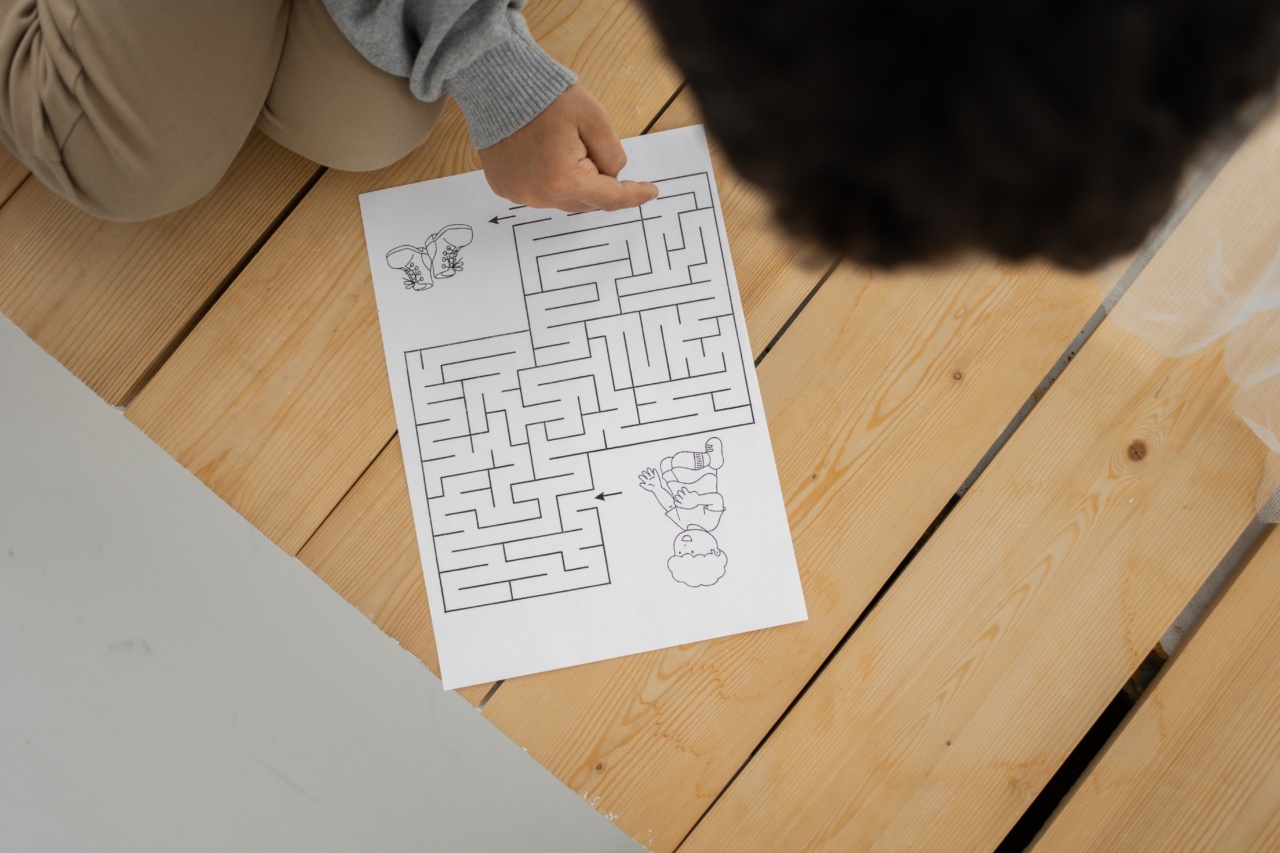The rise of technology has made our lives easier, but it has also had a significant impact on the way our children’s brains develop.
While technology has opened up a world of opportunities for children to learn and connect with others, it has also led to negative effects on their cognitive, emotional, and social development. In this article, we explore the impact of technology on childhood brain development and the steps parents can take to minimize its negative effects.
The Effects of Technology on Childhood Brain Development
There are numerous ways in which technology impacts childhood brain development. Here we discuss some of the more significant ones:.
1. Shortened Attention Spans
The constant stimulation that technology provides can lead to shortened attention spans in children. Children who are exposed to screens at a young age are more likely to have difficulty focusing on tasks that require sustained attention.
Furthermore, the rapid-fire nature of technology can also create a preference for immediate rewards over delayed gratification, which can further exacerbate attention span problems.
2. Reduced Socialization
Technology can reduce the amount of time children spend interacting face-to-face with other children. Instead of playing outside or participating in sports or other group activities, many children spend their free time using screens.
This can lead to reduced socialization skills and difficulty developing meaningful relationships with others.
3. Impaired Learning
The use of technology in the classroom has been shown to negatively impact learning outcomes. Children who use screens frequently have difficulty retaining information, solving complex problems, and developing critical thinking skills.
Additionally, technology can interfere with neural development in areas of the brain that are crucial for learning.
4. Increased Anxiety and Depression
The constant stimulation from screens can lead to increased levels of anxiety and depression in children. Social media use, in particular, has been linked to feelings of loneliness, low self-esteem, and depression in young people.
5. Sleep Disturbances
The blue light emitted from screens can disrupt sleep patterns in children, leading to fatigue and difficulty concentrating during the day. This is especially problematic since sleep is essential for brain development and overall health.
What Parents Can Do
As parents, there are steps we can take to minimize the negative effects of technology on our children’s brains:.
1. Set Limits
Set clear guidelines for screen time and adhere to them consistently. Encourage non-screen time activities such as reading, playing outdoors, or doing art projects.
2. Monitor Screen Use
Monitor what your child is watching and playing on screens and be aware of the amount of time they spend on them. Consider using parental controls to limit access to inappropriate content.
3. Encourage Face-to-Face Interaction
Encourage your child to spend time with friends and family, participate in group activities, and engage in real-life interactions. Promoting healthy socialization habits can help counteract the negative effects of technology on social development.
4. Promote Healthy Sleep Habits
Set a bedtime routine that doesn’t involve screens and try to eliminate screen time an hour before bed. Encourage your child to get enough sleep to facilitate healthy brain development.
Conclusion
While technology can provide many benefits to children, it is essential to be mindful of its impact on brain development.
By setting clear limits, monitoring screen use, encouraging face-to-face interaction, and promoting healthy sleep habits, we can help mitigate the negative effects of technology on our children’s cognitive, emotional, and social development.































